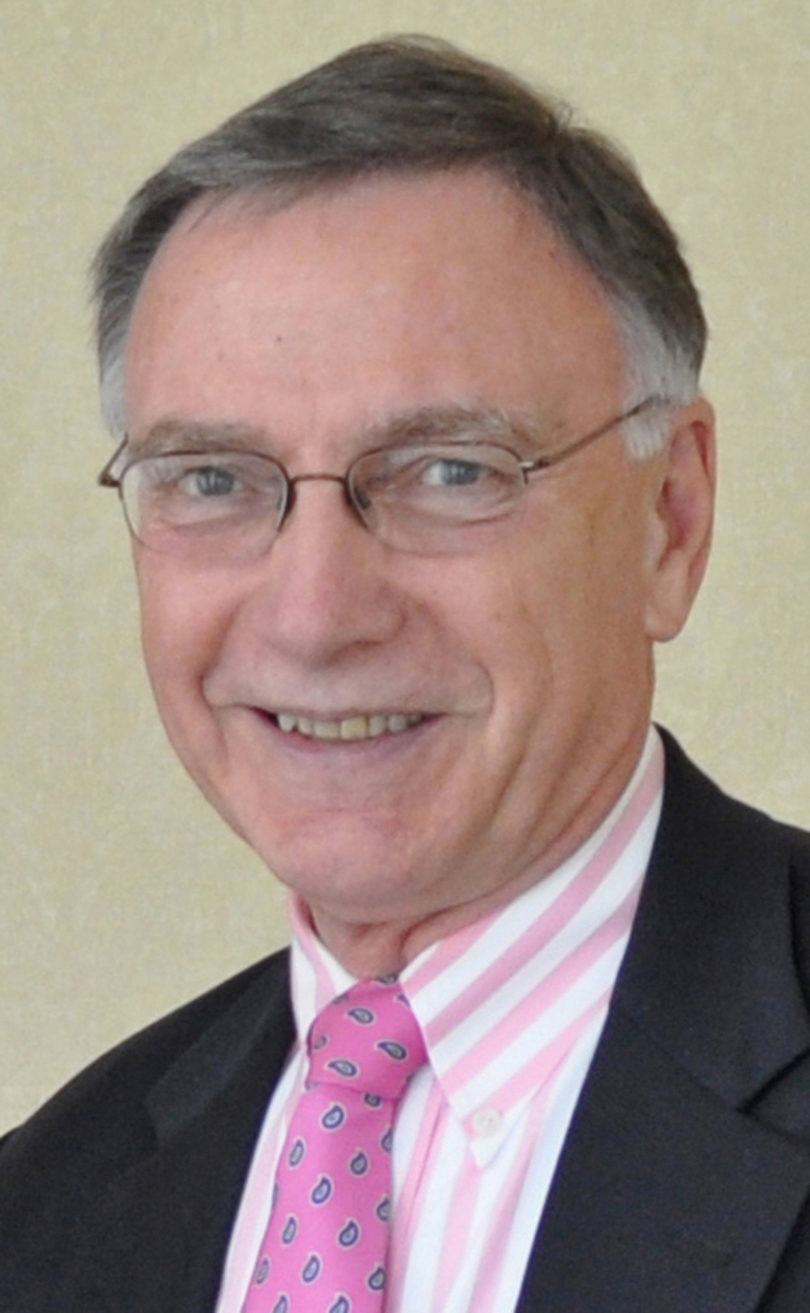The American Civil War and the decade following it ushered in one of the nation’s most dramatic changes in formal education. Within weeks of the opening shots, two and a half centuries of denying education to African Americans in the South came to an abrupt end as freed slaves by the thousands sought out teachers and built schools wherever Union forces took control, historians say.
By the end of Reconstruction, the freed slaves and their teachers had established thousands of elementary schools and more than 100 secondary schools and colleges, and laid the foundation for a Southern system of universal education.
But who taught the freed slaves and why? What did they teach and how did they teach it? How did the freed people respond academically? How did white Southerners respond to the education of the former slaves? These are just a few of the questions College of Education historian Ron Butchart hopes to answer in a new three-year study of the period, and he believes the answers he finds can speak directly to the “achievement gap” between black and white learners.
Butchart, a professor of social science education, has received a $318,775 grant from the Spencer Foundation to study the formal education of freed slaves in the American South between 1861 and 1875.
“A Freed People’s Education: Learners, Classrooms and Teachers is a historical study of the teachers who worked among America’s former slaves, the schools they created, the pedagogies they employed, and the students they taught,” says Butchart. “As a historian and educator I am fascinated to know what motivated these teachers to do what they did.”
Previous research about freedmen’s education relied on virtually identical primary sources, even when the researchers’ conclusions contradicted one another, according to Butchart. But this new project is multiplying the range of sources consulted and links them in new ways, revealing patterns previously invisible to historians.
“Prior studies have repeated the same basic characterization of the teachers as young, white, relatively affluent, Calvinist women from New England,” he says. “My research challenges every aspect of that image. There were far more African-American teachers than previously believed, for instance. These teachers talked about saving their own people because they realized if they did not provide access to literacy, some people would try to re-enslave them.”
Many studies have also described what and how teachers taught, but their descriptions have failed to historicize the teaching in the context of changes in 19th-century education.
“Earlier studies have celebrated-or even, earlier, ridiculed-the learners’ success, yet none have clearly studied black school achievement in the 19th century to gain perspective on subsequent black educational experiences,” says Butchart, who believes the project has implications for three aspects of contemporary education.
“First, the freed people’s demand for and responses to their newly won educational opportunity speak directly to thinking about the ‘achievement gap’ between black and white learners, particularly ‘cultural’ explanations of the gap,” Butchart says. “Second, the teachers’ lives, motivations and commitments speak to contemporary problems in the recruitment and retention of teachers. And third, the teachers’ work in black schools has implications for contemporary questions about the most appropriate teaching methods and curriculum for black learners.”
Butchart is no stranger to the subject. He began researching freed slaves’ education about 30 years ago, culminating in his first book, Northern Schools, Southern Blacks and Reconstruction: Freedmen’s Education, 1862-1875.
Over the years, he has collected information about nearly 11,000 individuals who taught the freedmen between the outbreak of the Civil War and the end of Reconstruction through material state archives, local and state historical societies, federal manuscript census returns, newspapers and other resources.
He has created a comprehensive database identifying teachers by race, gender, region of origin, and other social characteristics, and tracks them across time. Butchart hopes to soon make the database available electronically to other scholars and the public. The grant will allow him to hire graduate assistants who will join him in devoting the next three years to completing the research.
Butchart plans to deliver presentations on his research at international conferences, write several journal articles and three books as a result of this project. The first book he has planned will narrate the broad history of freedmen’s education, the work they accomplished, and the students who attended.
“One reason I came to UGA was because I got support to pursue this research, and with the university being located in the South, it put me right where I needed to be,” says Butchart.








